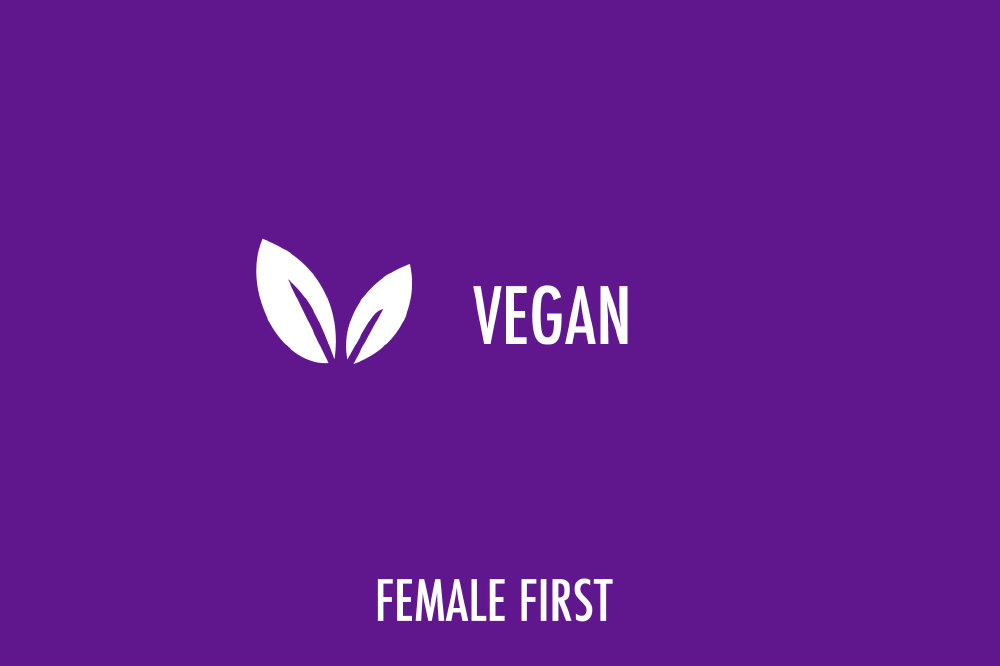By Stephen Argent, founder of Soupologie

Vegan on Female First
As we approach the Winter months, most of us will be spending more time indoors avoiding the cold weather. By missing out on even the weakest rays of sunshine, we put ourselves at risk of becoming Vitamin D deficient. However, according to the NHS, the sunshine in the UK over the Wintermonths does not contain enough UVB radiation for our skin to create Vitamin D. nNon-vegans or vegetarians have more options in their diet to have a regular intake of Vitamin D. As a result, vegans must be diligent in maintaining their Vitamin D levels. Therefore, whether an omnivore, herbivore or 'something-else-ivore', sometimes we all need to eat certain foods to boost our levels of Vitamin D.
According to peta.org, Vitamin D helps the body to absorb calcium which is important for bones, teeth and muscles. It has been suggested that a deficiency in Vitamin D could lead to weakened or painful bones, multiple sclerosis and depression. In children, lacking Vitamin D can cause rickets.
It is thought that vegans and lacto-ovo vegetarians might have a higher risk of developing a Vitamin D deficiency. This is because non-vegans are more likely to consume cow's milk - a source of Vitamin D - on a regular basis, while vegans might have to make a more determined effort to keep their Vitamin D levels raised.
While it is important to maintain good levels of Vitamin D in the body, it is also possible to ingest too much Vitamin D, which can lead to kidney damage. Therefore, the NHS recommends adults to not take more than 100 micrograms of Vitamin D a day in the form of supplements. As with most Vitamins, make sure to check the amount of Vitamin D you should consume based on your age, medical condition or if pregnant or breastfeeding.
The usual source of Vitamin D is sunlight. However, there are other ways in which we can boost our Vitamin D levels through diet. For non-vegans or vegetarians, oily fish, red meat and eggs are common sources. However, vegans and vegetarians - do not fear! There are many fortified cereals and orange juices as well as lactose-free milks that will put added Vitamin D into their ingredients.
If you prefer more natural food items, one of the best natural sources of Vitamin D comes from mushrooms. Whether cooked or not, some experts believe that mushrooms contain more Vitamin D than many supplements. Furthermore, it has been suggested that people should leave out their mushrooms in the sunlight for about half an hour to sixty minutes before eating. Apparently, this helps to intensify the level of VitaminD within the mushroom.
Fortunately, Soupologie has created a mushroom broth,suitable for vegans, that can take care of all of your Vitamin D requirements. Filled with Vitamin D-rich mushrooms, including Shiitake, Porcini and Reishi, this soup's versatility is astounding. Whether you want to add some leafy greens in order to bulk up your iron intake, or even add another Vitamin D booster such as tofu, Soupologie's mushroom broth is delicious. As always, the soup is plant-based, with no added sugar and is dairy and gluten free. By steeping and brewing this magnificent blend of mushrooms, a satisfyingly deep flavour is created, while you have the satisfaction of knowing that your Vitamin D levels have been taken care of.
Tagged in Vegan

